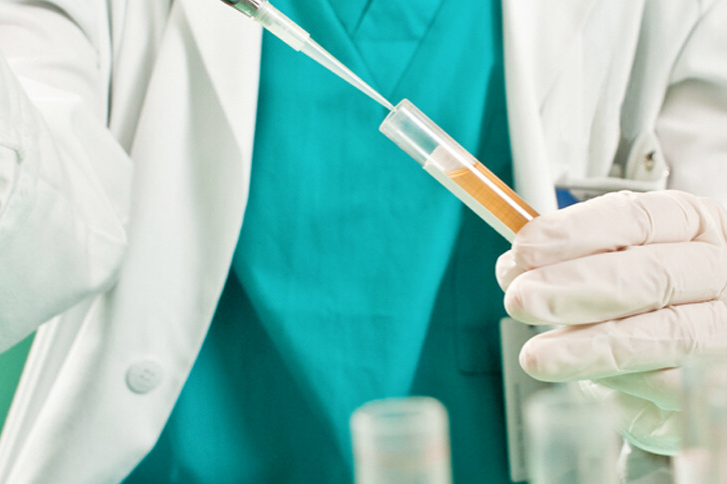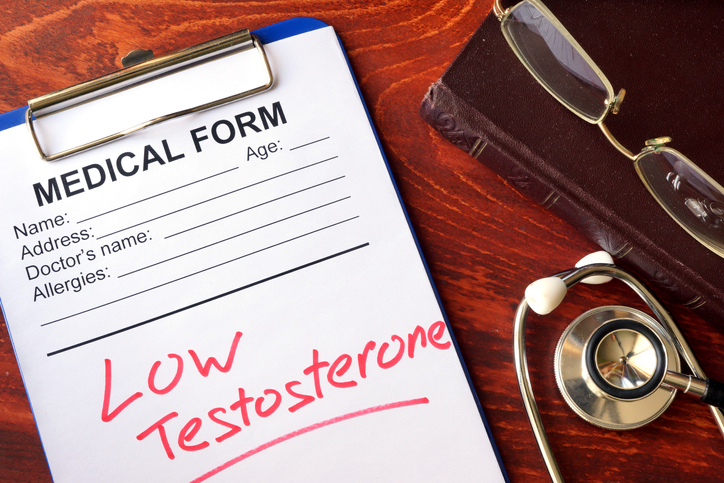How to Prevent and Manage STDs
By Darrell J. Carmen, M.D., F.A.C.S.
Unfortunately, sexually transmitted diseases (STDs) are common.
Chlamydia is the most commonly reported STD in the U.S. It’s spread mostly by vaginal or anal sex, but you can get it through oral sex, too. Sometimes you’ll notice an odd discharge from your vagina or penis, or pain or burning when you urinate. But only about 25% of women and 50% of men get symptoms. Some other common STDs are gonorrhea, genital herpes, human papillomavirus (HPV), syphilis, trichomoniasis, and HIV/AIDS human immunodeficiency virus or acquired immunodeficiency syndrome.
Not all conditions that affect the sex organs are considered STDs, and some are not related to sex at all. Some are sexually-associated, meaning that they aren’t transmitted during sex, but occur as a result of it. A urinary tract infection can occur because of irritation from intercourse but is not an STD.
How to Prevent STDs
To prevent getting a sexually transmitted disease, always avoid sex with anyone who has genital sores, a rash, discharge, or other symptoms. The only time unprotected sex is safe is if you and your partner have sex only with each other, and if it’s been at least six months since you each tested negative for STDs. Otherwise, you should:
- Use latex condoms every time you have sex. Condoms are not 100% effective at preventing disease or pregnancy. However, they are extremely effective if used properly.
- If you use a lubricant, make sure it’s water-based.
- Avoid sharing towels or underclothing.
- Shower before and after intercourse.
- Get a vaccination for hepatitis B. This is a series of three shots.
- Get tested for HIV.
- If you have a problem with drug or alcohol abuse, get help. People who are drunk or on drugs often fail to have safe sex.
- Consider that not having sex is the only sure way to prevent STDs.
It was once thought that using condoms with nonoxynol-9 helped to prevent STDs by killing the organisms that can cause disease. Current research shows that doing so also irritates a woman’s vagina and cervix and may increase the risk of an STD infection. New recommendations are to avoid using condoms with nonoxynol-9.
How to Manage STDs
- Stop having sex until you see a doctor and are treated. Most tests to diagnose STDs can be obtained from a voided urine or blood specimen. urethral swab not needed.
- Follow your doctor’s instructions for treatment.
- Use condoms whenever you have sex, especially with new partners.
- Don’t resume having sex unless your doctor says it’s OK.
- Return to your doctor to get rechecked.
- Be sure your sex partner or partners also are treated.
- Use latex condoms every time you have sex. If you use a lubricant, make sure it’s water-based.
If you have any more questions about STDs from our experts, click here to contact us today.








